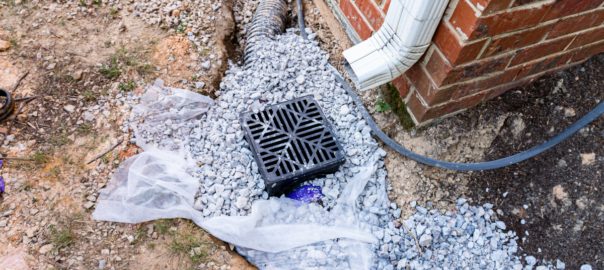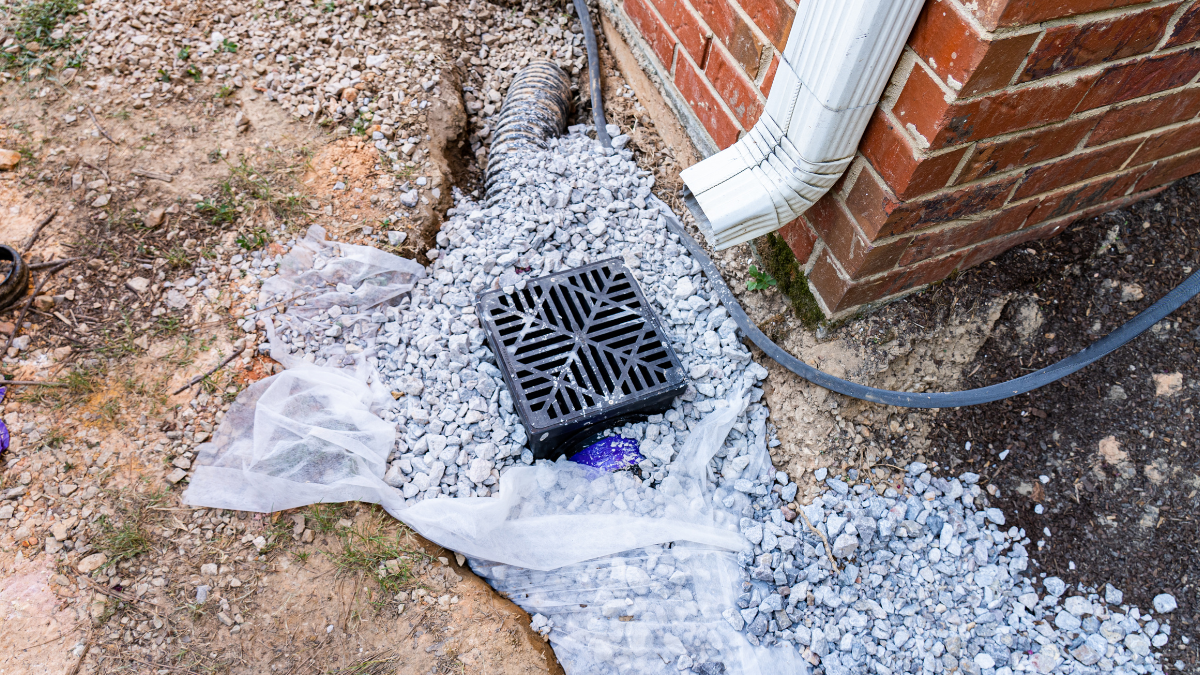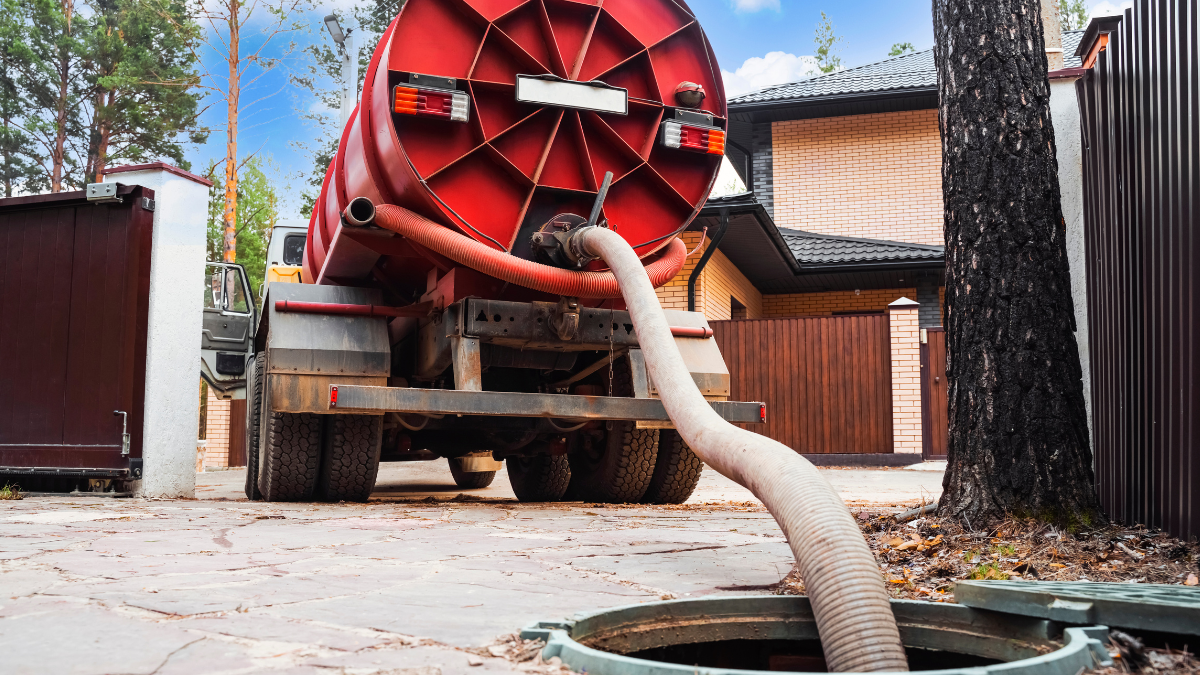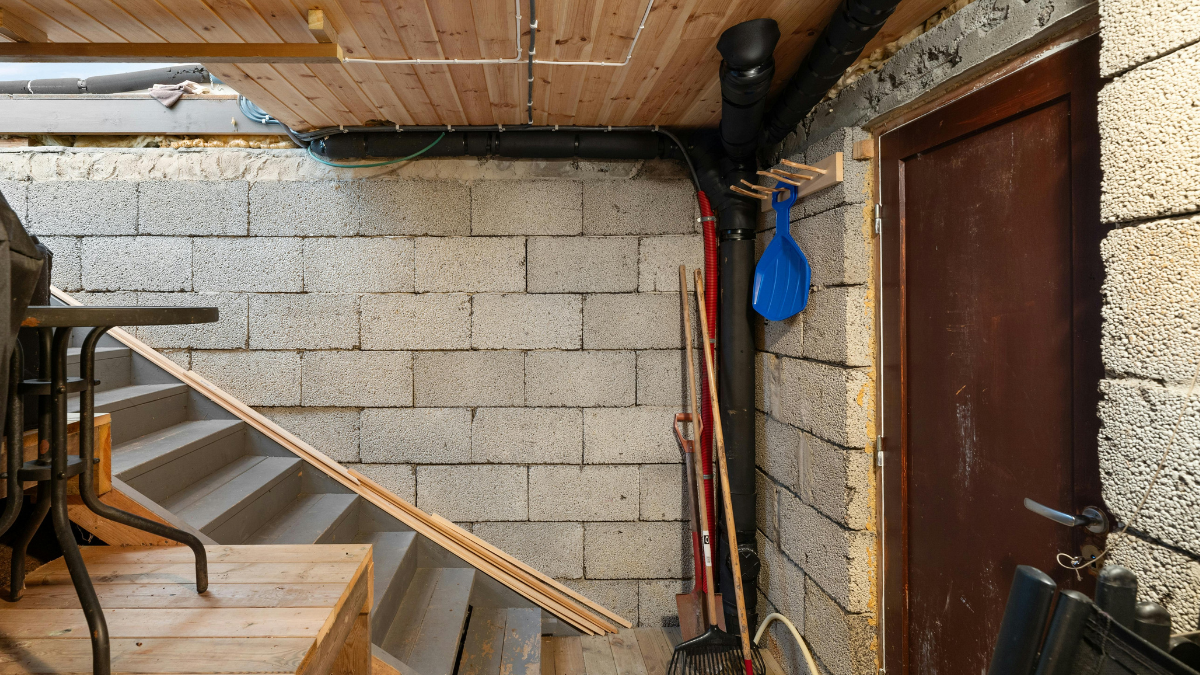A basement drainage system plays a big role in keeping your home dry and safe. Water can cause a lot of damage if it is not properly drained. That’s why it is important to take care of your drainage system. Many people forget about it until they see water in the basement. But regular maintenance can help avoid big problems.
Keep It Clean
Dirt, debris, and even small objects can block the drainage system. When the system is clogged, water will not flow properly. This can lead to flooding. Cleaning it regularly can help prevent this. You may wonder, how often should you clean your basement drainage system? It depends on how much dirt builds up. Checking it once every few months is a good idea. If you notice water draining slowly, clean it right away.
Watch for Signs of Clogging
Sometimes, the drainage system will not work as it should. Water may drain slowly, or you may notice a bad smell coming from the drain. These are signs of clogging. If left untreated, the clog can get worse. Water may start to back up, causing damage to floors and walls. Cleaning the system when you see early signs can save you a lot of trouble.
Check the Sump Pump
If your basement has a sump pump, it needs to be checked regularly. The pump moves water away from your home. If it stops working, water will start to collect in the basement. The float switch should move freely. The pump should turn on and off properly. If something seems wrong, it may need to be repaired or replaced.
Fix Cracks in the Basement Floor
Water can find its way into small cracks. Even tiny cracks in the basement floor or walls can let water in. Over time, this can lead to bigger problems. Sealing the cracks will help keep water out. Waterproof sealant is easy to use and can stop leaks before they get worse.
Keep Gutters and Downspouts Clear
Rainwater should be directed away from your home. If gutters and downspouts are blocked, water may pool around the foundation. This can cause leaks in the basement. Leaves, dirt, and debris should be cleaned out regularly. If gutters overflow during rain, it means they need to be cleared.
Test the Drainage System After Heavy Rain
After a big rainstorm, check the basement. Look for any signs of water buildup. If water is not draining as it should, there may be a problem. The drainage system may need cleaning or repairs. Catching issues early can prevent bigger damage later.
Know Common Basement Drainage Problems & How to Fix Them
Many problems can happen with a basement drainage system. Clogs, sump pump failures, and poor drainage around the home are common issues. Clogs can be cleared using a plumber’s snake or drain cleaner. A broken sump pump may need repairs or replacement. If water collects near the foundation, adding soil or extending downspouts may help.
Use a Dehumidifier
Too much moisture in the basement can cause mold and musty smells. Even if the drainage system is working well, humidity can still be a problem. A dehumidifier can help keep the air dry. It is an easy way to reduce moisture and protect your basement from dampness.
Check for Mold and Mildew
If water collects in the basement, mold and mildew may start to grow. This can cause a bad smell and even health problems. If you notice mold, it should be cleaned right away. Keeping the basement dry will help prevent it from coming back.
Plan for Repairs or Upgrades
Over time, basement drainage systems can wear out. Pipes can break, pumps can stop working, and drains can get damaged. If the system is old, repairs or upgrades may be needed. You may wonder, how much does a basement drainage system cost? The cost depends on the type of system and the repairs needed. Small fixes may not be expensive, but full replacements can cost more. It is best to fix small issues before they turn into big ones.
Why Basement Drainage Systems Fail
Even a well-maintained drainage system can fail over time. Heavy rainfall, soil shifting, and poor installation can cause problems. If the system was not installed correctly, it may not drain water away fast enough. This can lead to water pooling in the basement. Checking the system regularly can help prevent unexpected failures.
The Importance of Waterproofing
Waterproofing is one of the best ways to protect your basement. If water keeps coming in, sealing the walls and floors can help. Many homeowners use waterproof coatings or special sealants to keep moisture out. This adds an extra layer of protection and helps prevent leaks.
When to Call a Professional
Some drainage problems can be fixed easily. But sometimes, bigger issues need professional help. If water keeps coming back, if the sump pump stops working, or if mold spreads too fast, it may be time to call an expert. A professional can inspect the system and find the best solution.
Taking care of a basement drainage system does not have to be hard. Regular cleaning, checking for clogs, and fixing small problems can keep it working well. Water damage can be costly, so prevention is always better. A little effort now can save a lot of trouble later. Keeping the system in good shape will help protect your home for years to come.




